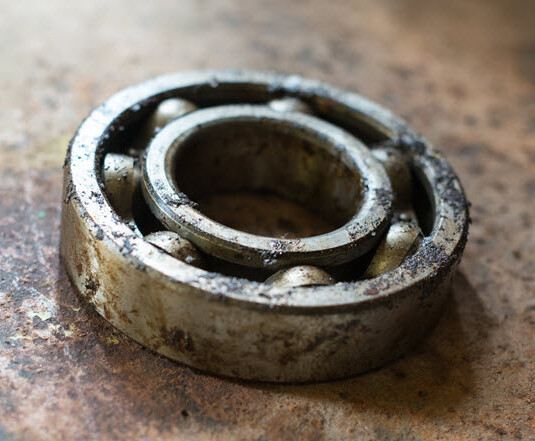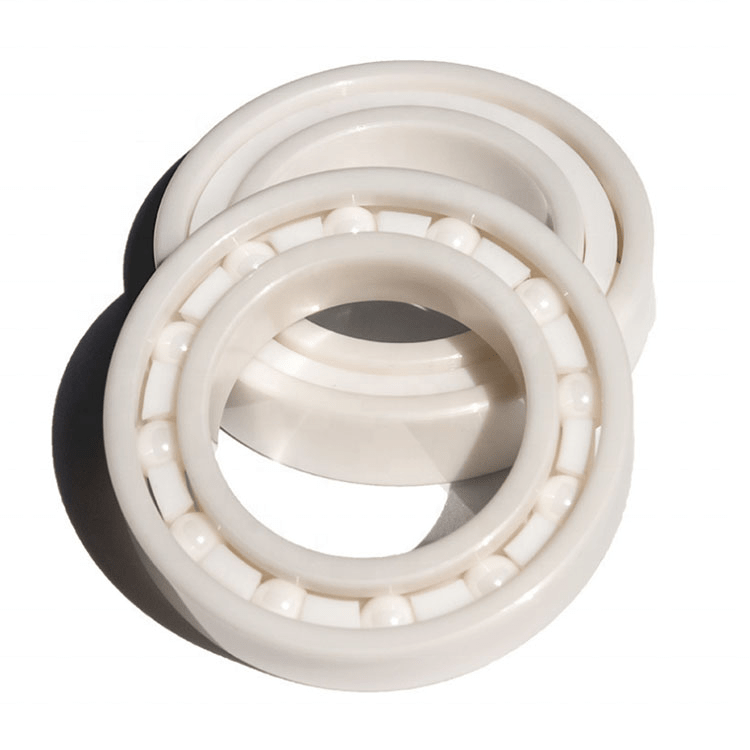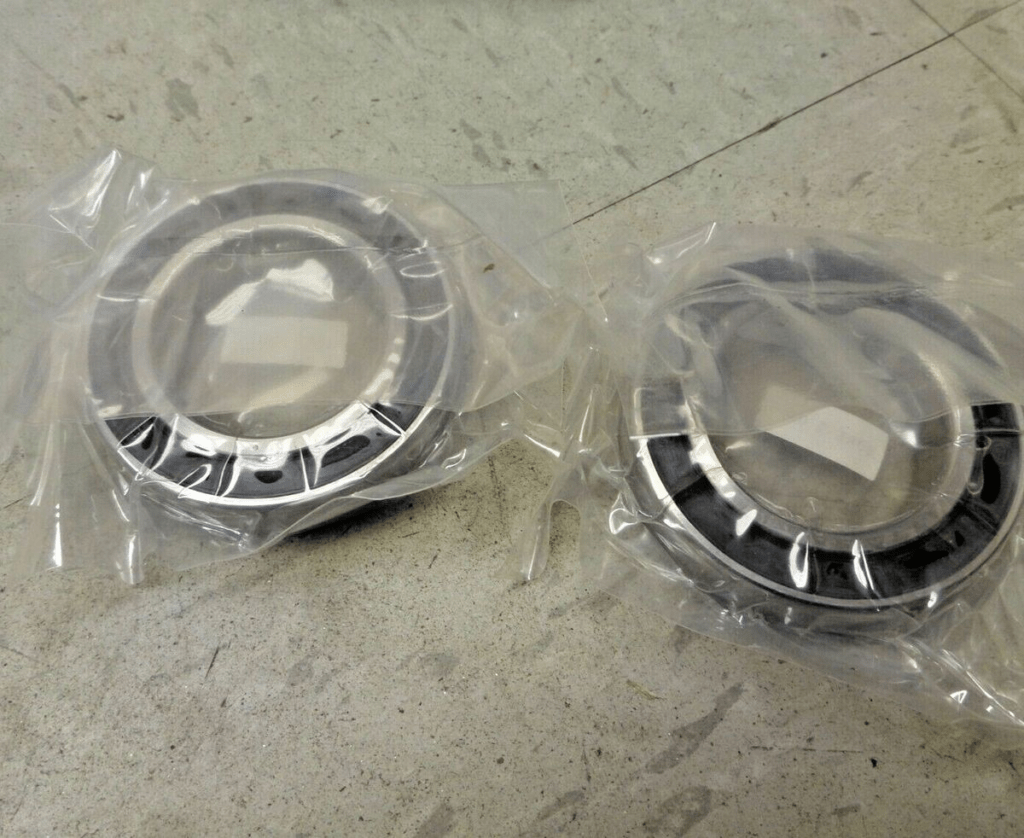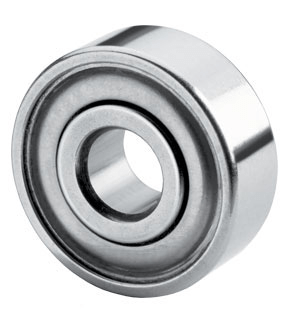How to Prevent Bearing Rust: Essential Tips for Long-Lasting Performance
Introduction
Bearings are the backbone of your machinery, ensuring everything runs smoothly and efficiently. But when rust strikes, it can spell disaster—shortening equipment life and grinding operations to a halt.
So, how do you stop rust before it starts? In this guide, we’ll explore proven methods to prevent bearing rust and tackle a common myth: Do stainless steel bearings really never rust? Let’s dive in and keep your bearings in peak condition.
Why Rust is a Bearing’s Worst Enemy
Rust isn’t just a cosmetic issue—it’s a performance killer. Moisture, corrosive liquids, and poor maintenance can lead to rust, which eats away at bearings, causing friction, wear, and eventually, failure. The good news? You can prevent it. Here are 7 effective strategies to keep your bearings rust-free and your machines running like clockwork.

7 Proven Ways to Stop Bearing Rust
Choose the Right Material
-
Why it works: Materials like stainless steel or ceramic naturally resist corrosion.
-
Why it matters: The right material can make or break your rust prevention efforts.
-
Pro tip: Match the bearing material to your environment—don’t settle for less.

Keep the Environment Dry
-
Why it works: Humidity is rust’s best friend. Cut it off with dehumidifiers or moisture-proof storage.
-
Why it matters: A dry space is your first line of defense.
-
Target: Keep humidity below 50% for optimal protection.
Shield Against Liquids
-
Why it works: Use sealed bearings or covers to block water and corrosive fluids.
-
Why it matters: Direct contact accelerates rust—prevention starts with a barrier.
-
Best for: Bearings in wet or splash-prone areas.
Apply Rust Inhibitors
-
Why it works: A quality rust inhibitor forms a protective film over the bearing.
-
Why it matters: This layer keeps moisture and chemicals at bay.
-
Tip: Choose a trusted brand and follow the instructions—quality counts.
Vacuum Pack for Storage
-
Why it works: Seal bearings in vacuum bags to eliminate air and moisture.
-
Why it matters: Perfect for long-term storage or shipping.
-
When to use: Ideal for bearings sitting idle for extended periods.

Inspect and Maintain Regularly
-
Why it works: Routine checks catch rust, wear, or damage early.
-
Why it matters: Small issues become big problems if ignored.
-
Routine: Lubricate or replace oil as per the manufacturer’s guidelines.
Control Storage Conditions
-
Why it works: Store bearings in a cool, dry place away from sunlight.
-
Why it matters: Heat and humidity speed up rust—stability slows it down.
-
Goal: Maintain humidity under 50% and avoid temperature extremes.
Do Stainless Steel Bearings Really Never Rust?
Stainless steel bearings are popular for their strength and corrosion resistance, but are they truly rust-proof? Let’s clear up the confusion.

How Stainless Steel Resists Rust
-
The science: Chromium in stainless steel forms a thin, protective oxide layer that blocks corrosive substances.
-
Why it’s effective: In mild conditions, this layer keeps rust at bay better than standard steel.
When Rust Still Happens
-
Harsh conditions: Acids, alkalis, or saltwater can break down the protective layer.
-
Surface damage: Scratches or dirt expose the metal, inviting rust.
-
The truth: Stainless steel is rust-resistant, not rust-proof.
How to Maximize Stainless Steel Bearing Life
-
Match the environment: Ensure corrosive levels are within the material’s tolerance.
-
Protect it: Keep it dry, clean regularly, and use rust inhibitors if needed.
-
Choose wisely: Select the right stainless steel grade (e.g. 316 for extra protection) and heat treatment for your setup.
Conclusion: Keep Rust at Bay, Keep Machines Running
Preventing bearing rust is all about smart choices—picking the right materials, controlling moisture, and staying on top of maintenance. Stainless steel bearings offer great rust resistance, but they’re not invincible.
By combining these strategies with the best bearing type for your needs, you’ll protect your equipment and boost performance. Which tip will you implement first? Let us know!
